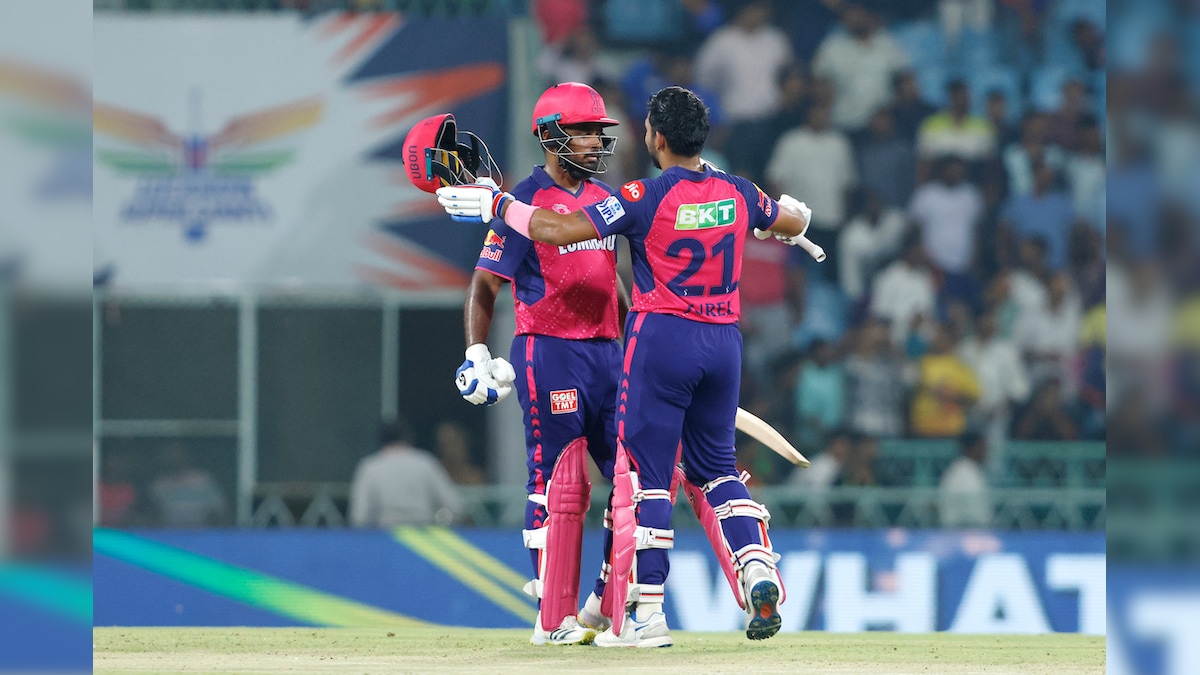Last updated: February 7, 2024 08:30 US Standard Time
Recently, OnePlus launched a new 12 series on the market, among which OnePlus 12R can be called an affordable flagship. The company is offering OS upgrades for 4 years with the 12 and 3 years if you buy the OnePlus 12R.
OnePlus has never explained the reason for its limited OS upgrade cycle, nor has it attempted to match flagship models like the Pixel 8 series and Samsung Galaxy S24, which currently get seven years of OS upgrades.
But OnePlus is finally bucking the trend, and in a recent interview, one of the company’s executives talked about its strategy and how they feel about the company’s seven-year update commitment. OnePlus COO and President Kinder Liu tried to shed some light on offering 7 years of OS updates, explaining that there’s more to it than increasing the number of years a device will be supported.
“For users, it is not just the software update strategy that is important, but also the smoothness of the mobile user experience,” Liu said in the report. Basically, what he’s saying is that offering 7 years of updates won’t bring any value to users if the phone’s hardware durability has declined by then.
He even used the metaphor of a sandwich to simplify his point. He said it doesn’t matter whether the filling in the sandwich will be edible after seven years because we don’t know the quality of the bread or whether it will last that long.
It’s hard to deny that Liu makes some valid points when it comes to expanding OS support, but some might argue that OnePlus may not be promising that its devices will last well for 7 years, thus limiting OS cycles to 4 years.
That being said, Liu cited industry surveys that mentioned that people are likely to upgrade to a new phone after 4 years, so they don’t see the point in getting a 7-year update in the first place. While Google and Samsung have promised seven years of OS upgrades, it’ll be a few more years before we can truly claim that these brands have delivered on their promises, especially Google, which has a weird habit of breaking its promises.
One also has to consider that extended OS updates come at a cost, which Google and Samsung can probably afford for their higher-end devices, while OnePlus has been aggressive with the pricing of its flagships, so it’s There may be no room for further development in these areas.
Follow us on Google news ,Twitter , and Join Whatsapp Group of thelocalreport.in
















